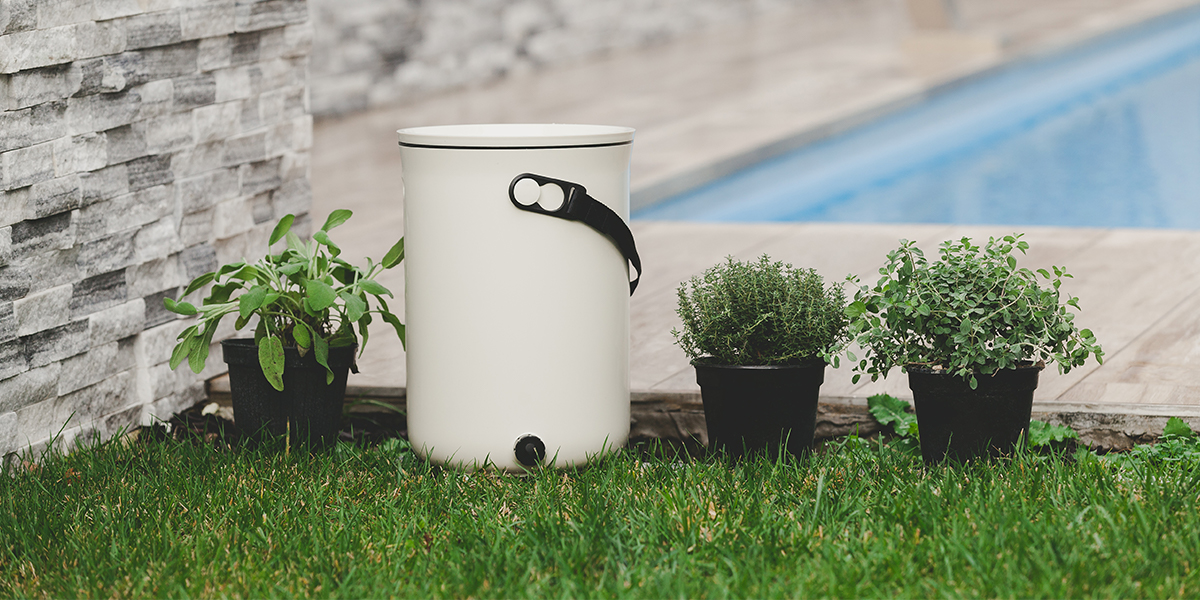The first-ever European Strategy for Plastics in a Circular Economy adopted on January 16, 2018 will transform the way plastic products are designed, used, produced and recycled in the EU. The better design of plastic products, higher plastic waste recycling rates, and more and better quality recyclates will help boost the market for recycled plastics.
Production and use of plastic
Plastics are important material nowadays and have multiple functions in our daily lives, especially in terms of it being an innovative, advanced material used in the automotive industry and in packaging to ensure food safety: combined with bio-compatible plastic materials, they can even save human lives by enabling medical innovation. However, the main problem in using plastics is that millions of tonnes of plastic litter, mostly one-time use, end up in the oceans every year and this is one of the most visible and alarming indicators that we should make a change or mindset. In 2017, the Commission confirmed it would focus on the production of plastics and their utilization, and work towards the goal of ensuring that all plastic packaging is recyclable by 2030.
The EU is best placed to lead the transition to the plastics of the future. This strategy lays the foundations for a new plastics economy where the design and production of plastics and plastic products fully respect reuse, repair and recycling needs, and encourages the development and use of sustainable materials. This will deliver greater benefit and prosperity in Europe and boost innovation; it will curb plastic pollution and its adverse impact on our lives and the environment.
Over the past 50 years, the role and importance of plastics in our economy have consistently grown. Global production of plastics has increased twentyfold since the 1960s, reaching 322 million tonnes in 2015. It is expected to double again over the next 20 years. The phenomenon is exacerbated by the increasing amount of plastic waste generated each year and is also fuelled by the growing consumption of ‘single-use’ plastics, which are rarely recycled and prone to becoming litter.
Re-use and recycling
In the EU, the potential for recycling plastics waste remains largely unexploited. Reuse and recycling of end-of-life plastics are very low, particularly in comparison with other materials, such as paper, glass and metals. At Skaza we already use sustainable materials to produce not-for-single-use products that are end-of-life recyclable. Besides recycled plastics for technical products and our compost bin Bokashi Organko, we also use alternative types of feedstock, that is, bio-based plastics for food contact products, which offers the same functionality as traditional plastic, but with lower environmental impact than traditional plastics.
The vision for Europe’s new plastics economy is oriented toward a smart, innovative and sustainable plastics industry, where design and production fully respect the need for reuse, repair, and recycling, and will bring growth and jobs to Europe and help cut the EU's greenhouse gas emissions and dependence on imported fossil fuels.
The new EU plastics strategy is an opportunity for companies like Skaza to put even more effort into the research and development of new technology and design, which will allow for the reuse, repair and recycling of plastic products.

‘A vision for Europe’s new plastics economy’
By 2030, all plastic packaging placed on the EU market to be either reusable or recyclable in a cost-effective manner. By 2030, more than half of all plastics waste generated in Europe to be recycled. The separate collection of plastics waste to reach very high levels. By 2030, sorting and recycling capacity to be increased fourfold in relation to 2015, leading to the creation of 200,000 new jobs spread all across Europe; recycled plastics to become an increasingly valuable feedstock for industry, both at home and abroad. The market for recycled and innovative plastics to be successfully established with clear growth perspectives as more products incorporate some recycled content. More plastic recycling to reduce Europe’s dependence on imported fossil fuel and cut CO2 emissions in line with commitments under the Paris Agreement.
Adapted from A European Strategy for Plastics in a Circular Economy
Dr. Branka Viltužnik,
Head of research and innovation, Skaza

